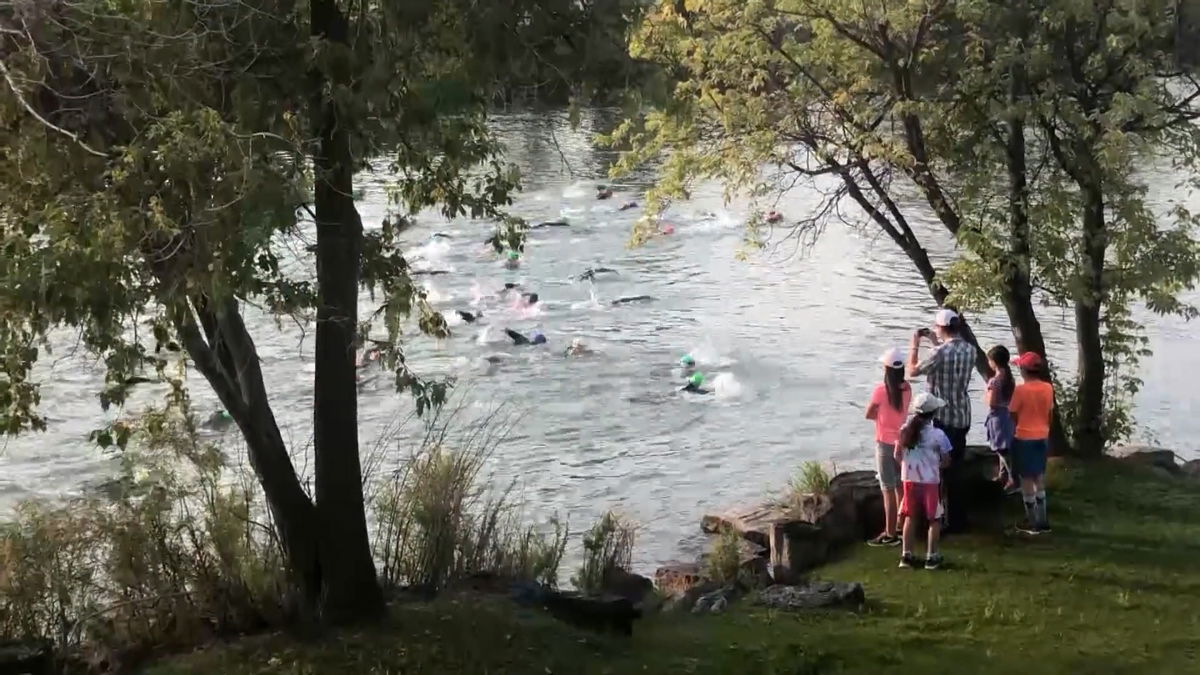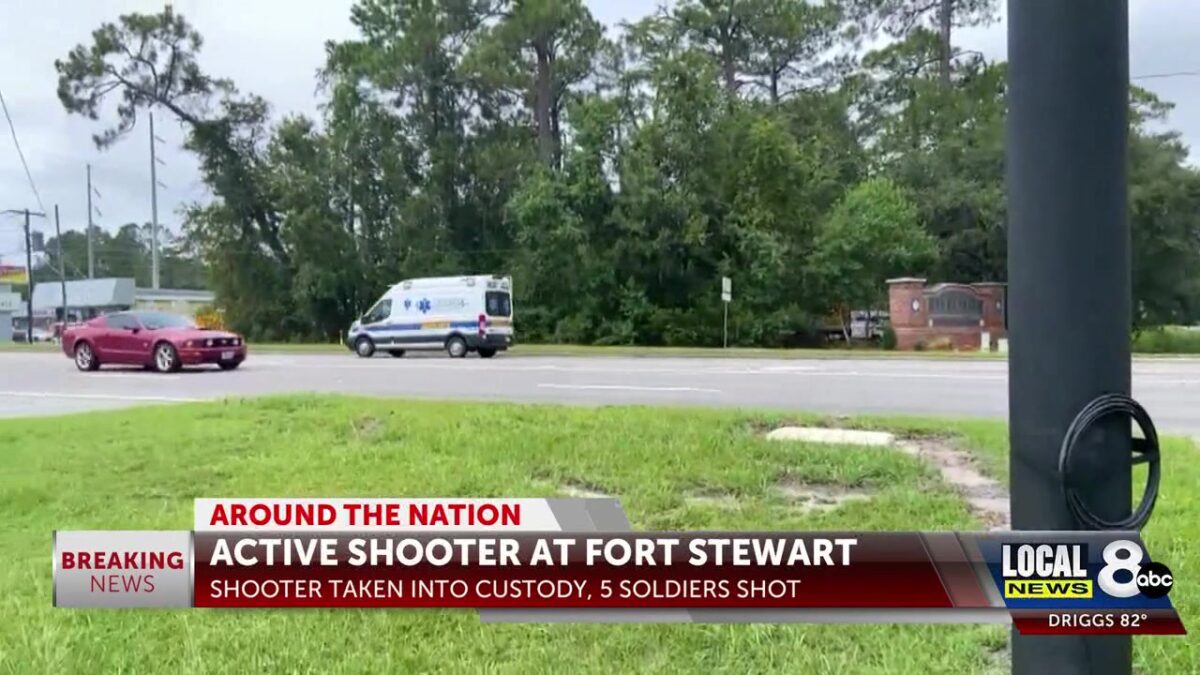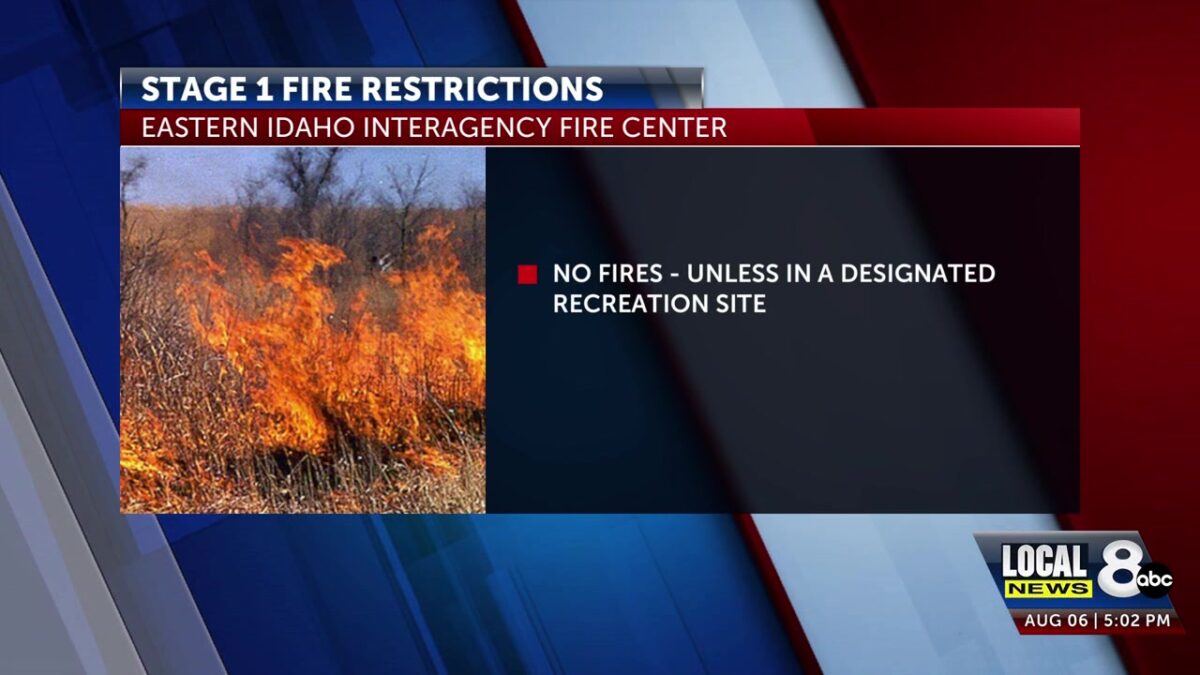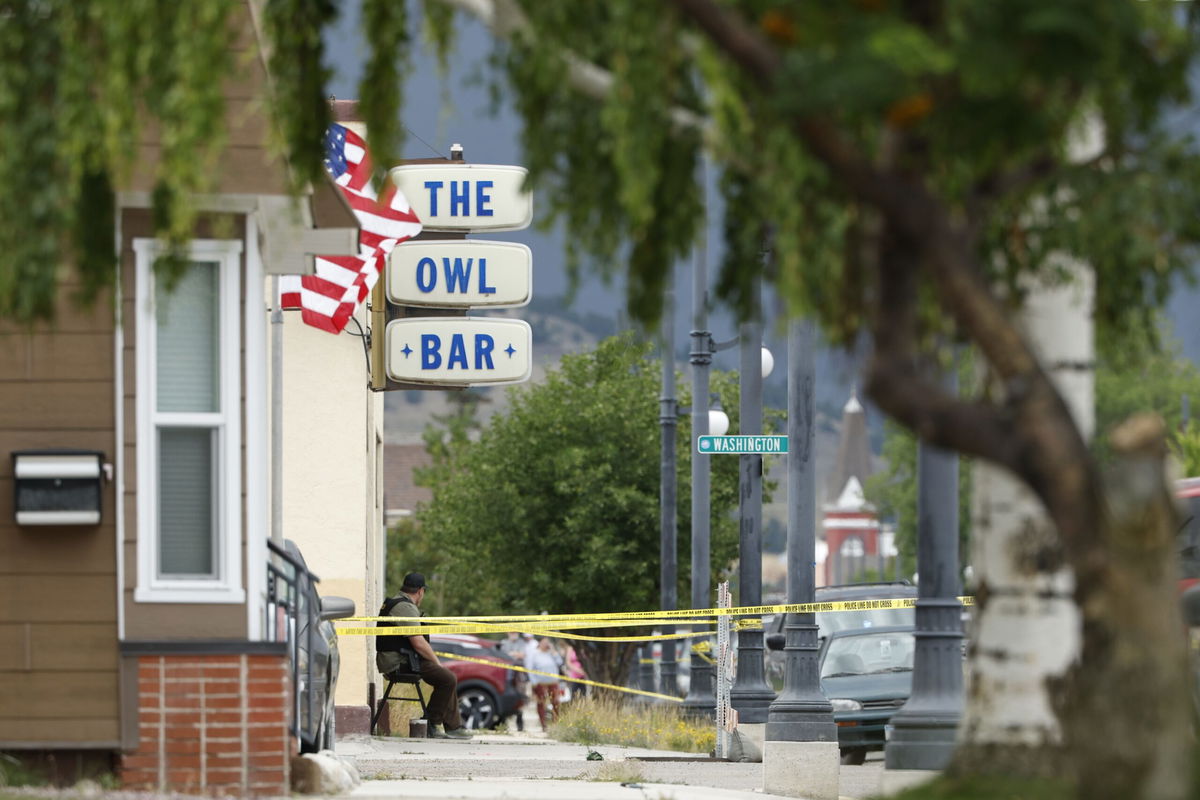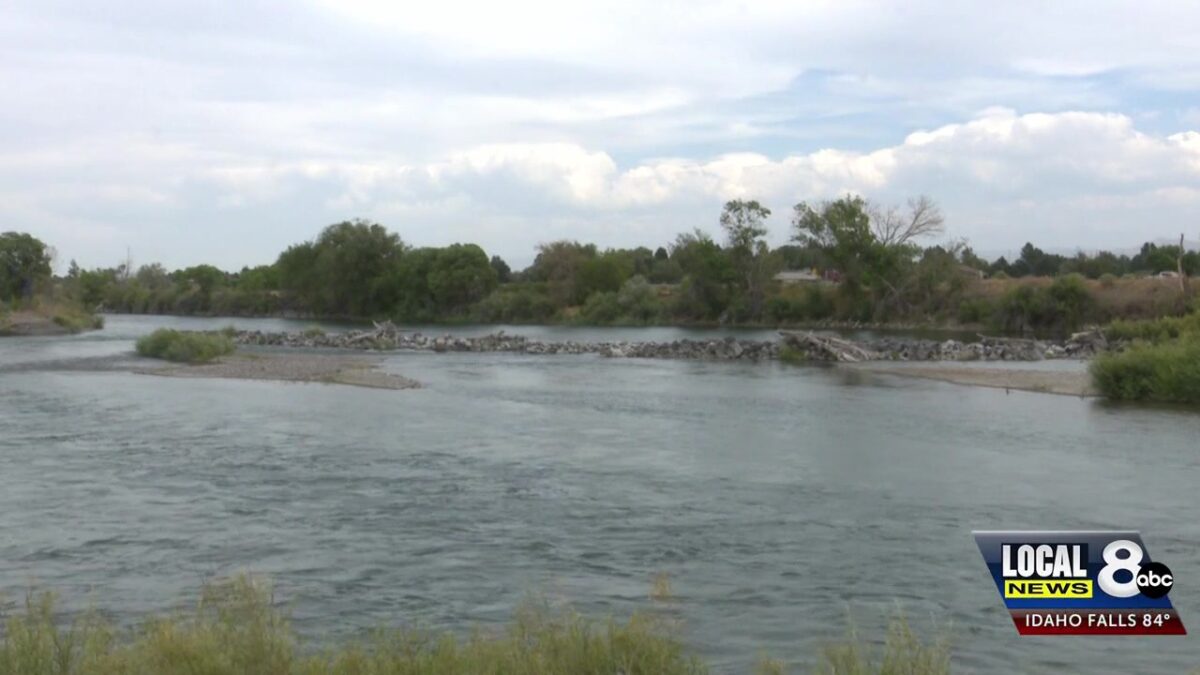CNN Newsource
By Elizabeth Wolfe, Taylor Galgano, Jillian Sykes, CNN
(CNN) — Under the buzz of neon lights and cluttered walls and ceilings of The Owl Bar, bartender Cassandra Dutra spends many of her nights catering to the familiar faces crowding her counter, often losing track of the number of rounds the regulars have bought each other as the hours grow late.
Dutra lives a stone’s throw from the timeworn neighborhood bar in her small Montana town of Anaconda. She sometimes feels like a cast member in the sitcom “Cheers” – the second home where everybody knows your name.
So after a gunman opened fire inside the bar Friday morning, Dutra quickly realized she knew each of the people killed, including her coworker Nancy Kelley and three of her regulars: Daniel Baillie, David Leach and Tony Palm.
“They’re people I care about. These are people I spend every day with,” Dutra said. She knew Tony was one of the victims when she saw his truck parked outside on the morning of the shooting, just as it was at the same time every day.
The suspected shooter, Michael Brown, was no stranger, either.
“People know who he is,” said Dutra, noting Brown frequented the bar. “He knows a good majority of people, too, because he was raised here, but he wasn’t part of the camaraderie.”
One of Brown’s relatives, who asked to remain anonymous out of concern for their privacy, told CNN they also worked at the bar for years and knew all four people who were killed.
Brown, who lived next door to The Owl Bar, has been on the run for five days after authorities say he fled the scene. As dozens of agencies scour the dense forests and mountains that bookend the town, residents are privately grieving the tragedy at a bar that holds a special place in their hearts – and the history of the region.
“It’s the most incredible atmosphere. Everybody loves each other so much in there,” Dutra said. “It wasn’t your typical rowdy partying. … When you walked in the bar, every single person that was sitting in the bar knew who you were.”
Nearly every inch of the bar’s narrow interior is plastered with glowing beer logo signs, neon strip lights and posters jeering with bawdy bar jokes and wisecracks. A photo from 2022 shows a sign above the bar reading, “Prices subject to change according to customers attitude.” Another: “Don’t like guns? Don’t buy one!”
Painted ceiling panels stretch over high-back booths, a juke box and a pool table, forming an overhead checkerboard of local business advertisements, sports team logos and alcohol branding.
“It’s such a happy little town, and that’s just a happy little tight knit place,” Dutra said of the bar.
A relic where ‘three shots and a beer’ cost $1.50
It’s hard to pin down how old The Owl Bar is, but the local consensus is it is really, truly old, and it has the lore and the memorabilia to (kind of) prove it.
“It’s the longest-standing bar in Anaconda,” said 31-year-old resident Sierra Fitzpatrick. “It’s been here – shoot – before I was even here. It’s just a staple.”
Some locals swear its first iteration opened in the 1880s, and one resident told CNN he believes the portrait of President Franklin Delano Roosevelt pinned behind the bar has been there since he was elected in 1932.
The Montana Standard dates the bar to at least the 1960s, when the town was the cradle of a massive copper smelting operation run by the Anaconda Copper Company. Though the project was decommissioned in 1980, the town still lives in the shadow of “The Stack,” a brick smelter taller than the Washington Monument where Anaconda men went to work for decades.
Smelter workers would frequent The Owl Bar in those days, when “three shots and a beer could be had for $1.50,” according to a 2018 report from The Montana Standard.
Resident Chris McNaughton said his great-grandfather Hank Walsh, who worked at the smelter, “would stop at The Owl for a beer and a shot of Irish whiskey on his way home on the trolley.”
The bar has become the backdrop of decades of McNaughton’s family history, he said. Since 1980, they have held an annual family reunion at the bar – canceling only during the Covid-19 pandemic – where they play games, hand out family awards and raise a glass to his great-grandfather.
“We were thankful this weekend because if the shooter had decided to wait one more day, our family of 70 or more people would have all been packed in that little bar,” he said. “We will return to The Owl next summer.”
A blow to the heart of the ‘craziest, most loving town’
On the morning of the shooting, Dutra said, she stood on the sidewalk for four hours watching The Owl Bar be surrounded by SWAT teams and swarms of law enforcement. When she finally tried to leave her block, she said, she had to duck under crime scene tape. It’s a scene she could not have fathomed before.
“It’s just so much to wrap your head around in a community like Anaconda,” Dutra said.
But even as the search for the suspect wears on, residents are trying their best to support the owner of the bar, David Gwerder, and honor the memories of lost friends. Dutra is still coming to terms with losing Kelley, a nurse-turned-bartender who had recently retired from a long career caring for cancer patients.
“It just is an extremely unfair ending for somebody who spent their entire life dedicated to cancer patients and making a huge difference,” Dutra said.
Fitzpatrick said she hopes people will prioritize the victims and have deeper discussions about mental health after the suspect’s family members and several residents expressed Brown had long struggled with mental illness.
“I really hope that we can truly fight for mental health, really be considerate of the person sitting next to you,” Fitzpatrick said. She has been heartened to see local businesses going out of their way to feed and care for first responders – an action she said is characteristic of tight-knit Anaconda.
Once The Owl Bar reopens, Fitzpatrick will be there to support Gwerder and show up for Anaconda.
“(David) takes a lot of pride in his bar, and I respect that a lot,” said Fitzpatrick. “I would 110% give my support to The Owl Bar” once they reopen.
The-CNN-Wire™ & © 2025 Cable News Network, Inc., a Warner Bros. Discovery Company. All rights reserved.
CNN’s Michelle Watson and Sarah Dewberry contributed to this report.
Click here to follow the original article.
